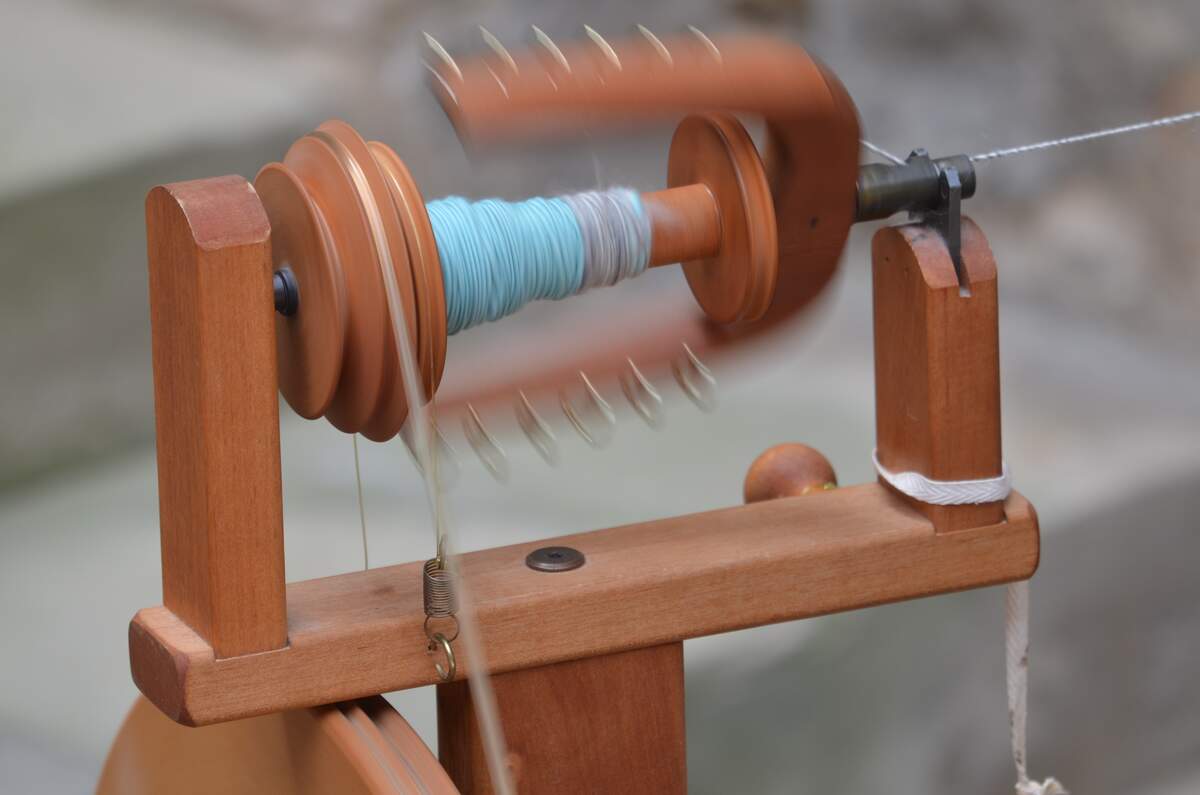

Distaff Day
Also known as
Roc Day
Rock Day
Saint Distaff's Day
St. Distaff's Day
Observed
annually on January 7th
Dates
Tags
History & Culture
Women
Work & Career
Hashtags
Sources
Taking place on the day after Epiphany, Distaff Day is an unofficial holiday in Catholic nations, which began and was widely observed in pre-industrial Europe. It marked the return to work for women after the end of the Christmas season, the time known as the Twelve Days of Christmas.
The spinning of wool, cotton, or flax into thread was the only way to make cloth during these pre-factory times and was emblematic of women's work. A distaff, also known as a rock, is a wooden rod that was carried under the arm and where the material was hung. The material was pulled from it to a spindle, which dangled below and was turned in order to twist the material into thread. The thread was then kept by being wound around the distaff and spindle. A distaff was also used to hold material on spinning wheels. Like spinning itself, the distaff became synonymous with women's work. The woman's side of the family was even known as the "distaff side."
During this era, women would spend their evenings spinning thread after the other chores of the day were completed, often bringing their spindles to friend's houses and joining in conversation while working. Women of all classes and ages were expected to spin. On Distaff Day, they would carry their spindles with them during the day, and work was to be resumed, including spinning.
The day was not all about serious work, however. Men and women often played pranks on each other during it. For example, men would attempt to light the flax on their wives' distaffs on fire, while women would throw buckets of water on their husbands. This was described in Robert Herrick's poem "St. Distaff's Day."
There is a similar day called Plough Monday when men are to return to work, which traditionally took place on the first Monday after Epiphany. Sometimes it lands on the same date as Distaff Day. Although Distaff Day no longer serves the same practical purpose as it did centuries ago, is it still practiced by some. For example, some modern craft groups celebrate the day as part of New Year's celebrations, and Distaff Day gatherings are held.
How to Observe Distaff Day
The day could be observed by learning how to spin with a distaff and spindle. Women did the spinning in pre-industrial Europe, but both men and women can spin today. You could even join a craft group and check if they are holding a Distaff Day gathering. While not encouraged, you could spend the day engaging in pranks like those traditionally done, including lighting the material on the distaff on fire and pouring buckets of water on those doing the lighting. If you are less adventurous, you could read the Robert Herrick's poem, "St. Distaff's Day."





















